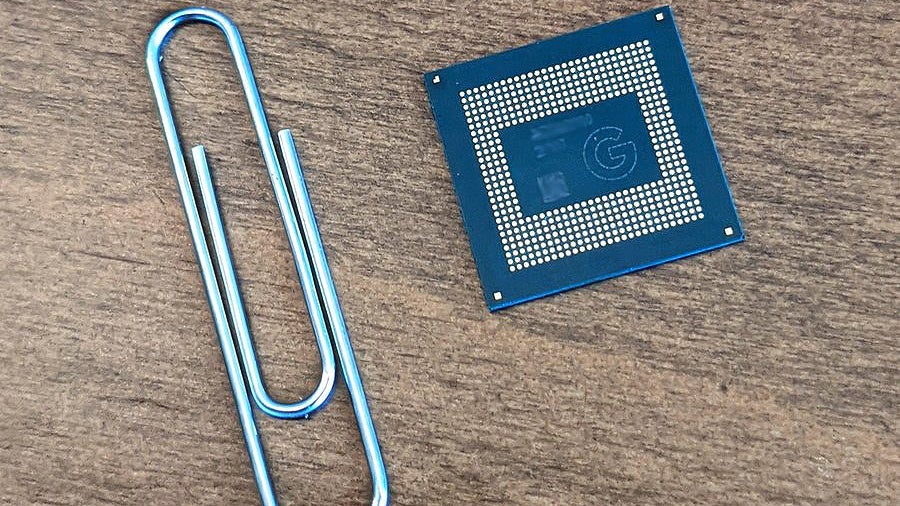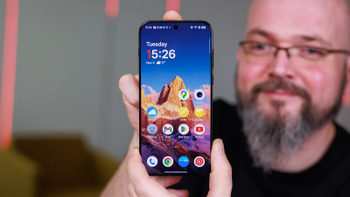Pixel 6's Tensor won't be the exclusive chipset on Google phones

Upon Google's surprise Pixel 6 and Pixel 6 Pro announcement, Qualcomm's stock briefly took a nosedive, so the world's storied mobile chipset maker was forced into explanation mode before business publications.
Why? Well, after Apple did it with Intel by developing its own M1 chipset for Macs that found its way into iPads, too, now Google came out with a homebrew mobile processor of its own called Tensor. Well, homebrew is perhaps a strong word for the 5nm Tensor chipset made by Samsung's foundries but it's still custom made for Google, so it counts as developed in-house.
We doubt that the quantities in which the Pixel 6 line will sell, Google still not having a global distribution network and all, will be a threat to Qualcomm's Snapdragon domination anytime soon, yet the Texans were forced to come out with the following statement:
Qualcomm will continue to work closely with Google on existing and future products based on Snapdragon platforms.
All Google Pixel phones may not come with Tensor
As brief as the statement from Qualcomm's spokesperson is, it indicates that the new Tensor chip won't be Google's exclusive processor for its phones going forward. After all, we are still waiting on the Pixel 5a to be released, perhaps as soon as this month, and we doubt this one will be Tensor-ed given the expected price range.
Most likely it will come with a value-for-money Snapdragon 7-series chipset, so that's what Qualcomm may be having in mind when it says "future" Google products will still use its silicon, just not exclusively now.
While the Pixel 6 processor announcement may have come as a relative surprise, Qualcomm has certainly been briefed on the matter at some point, explaining the quick prepared statement it came out with revealing future collaboration with Google. In fact, Google's CEO Sundar Pichai took his time to announce that Tensor has been four years in the making, and Google confirmed that in its Tensor specifications blog post:
AI is the future of our innovation work, but the problem is we’ve run into computing limitations that prevented us from fully pursuing our mission. So we set about building a technology platform built for mobile that enabled us to bring our most innovative AI and machine learning (ML) to our Pixel users. We set out to make our own System on a Chip (SoC) to power Pixel 6. And now, years later, it’s almost here.
Follow us on Google News










![A new Android bug is making it impossible to install new apps. Are you affected? [UPDATE]](https://m-cdn.phonearena.com/images/article/176703-wide-two_350/A-new-Android-bug-is-making-it-impossible-to-install-new-apps.-Are-you-affected-UPDATE.webp)

Things that are NOT allowed:
To help keep our community safe and free from spam, we apply temporary limits to newly created accounts: